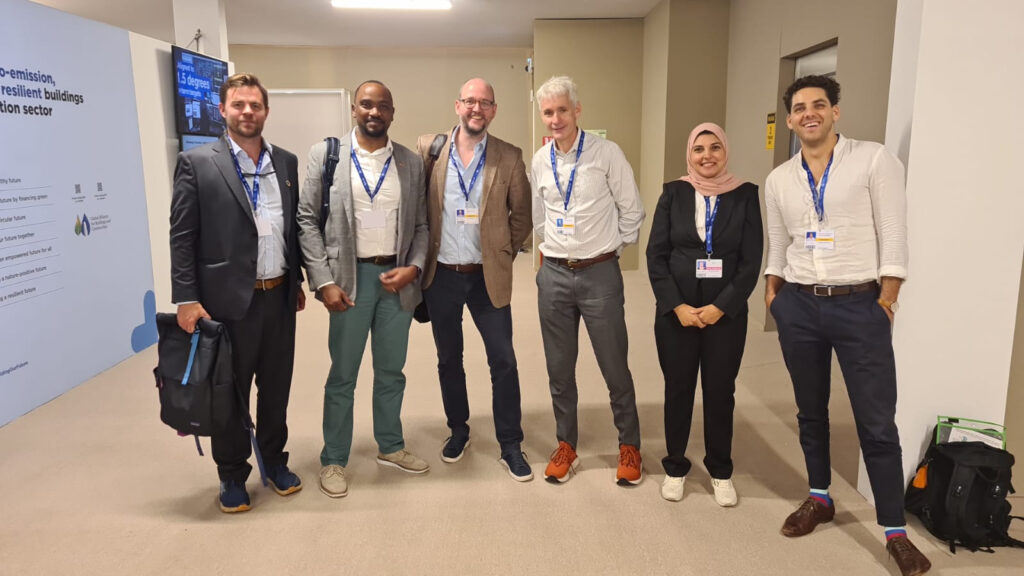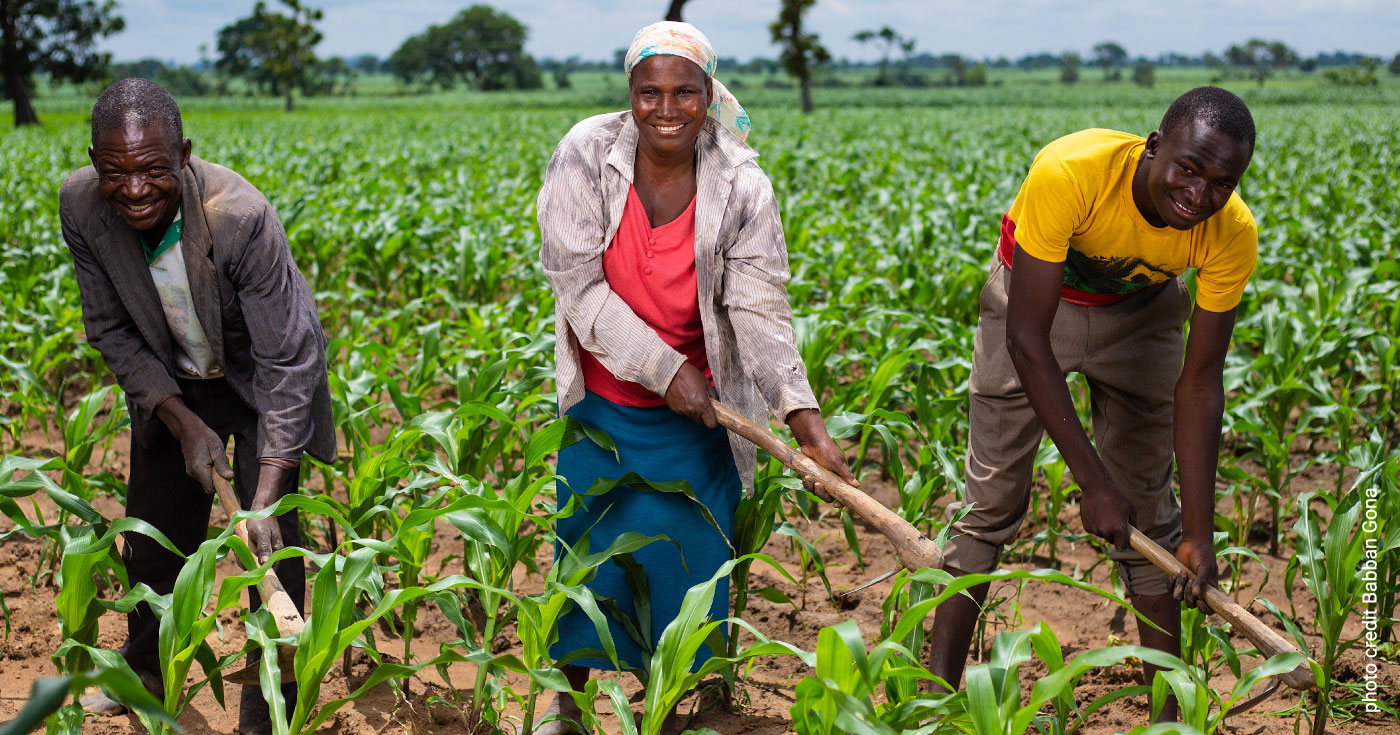Organizational Updates
TARRYTOWN – SCHMOOZEFEST
The idea of the CASH Coalition was planted at the 2022 Schmoozefest, where – as the tagline suggests – participants are encouraged to move “From Serendipity to Action”. It seemed appropriate for us to reconvene at the 2023 Schmoozefest and reflect on how far we have come, and what more we must do to realize the promise of our collaboration. Participants from eight of our member organizations met in person, complemented by some joining via Zoom, for three sessions. The Tarrytown sessions provided an opportunity to address challenges and identify opportunities to strengthen our collaborative approach:
- Coalition Internal Reflections – This learning session drew on valuable insights from Sridhar Prasad and Lija Farnham of Bridgespan, framing CASH’s role as a “field catalyst” connecting and supporting actors in the ecosystem. Lisa McCormick from Last Mile Health, an organization within our peer collective action platform, Community Health Impact Coalition (CHIC), offered observations from CHIC’s early-stage organizational development. Members emphasized the importance of trust, agility, and shared goals while raising concerns about participation and accessibility.
- Climate Finance – The second session, led by Willy Foote (Root Capital) and Eric Wilburn (CASH carbon consultant) explored sources of finance to support smallholder climate work beyond the Voluntary Carbon Market.
- CASH External Progress Report to Funders – In our final session, coalition members reflected on what the coalition has brought to their work in a session convened with funders. They highlighted key outputs such as the Farmer Voice Report, rich peer-to-peer learning, and progress on carbon work.
The Tarrytown conversations will inform the agenda for our in-person meeting in New York (30-31 January 2024) where we will refine our priorities and actions for the new year.
A NEW MEMBER AND PARTNERSHIP
Since our last newsletter, we have welcomed SEKEM as a member of the CASH Coalition. SEKEM is a pioneering promoter of sustainable agriculture in Egypt. SEKEM will bring new insights, premised on decades of high-integrity smallholder work, from a critical new region. Thoraya Seada, Project Manager, will be CASH’s day-to-day point person. Justus Harm (Director, Egyptian Biodynamic Association) and Helmy Abouleish (CEO, SEKEM) will also be engaged in the work of the Coalition.

We are also pleased to announce that Precision Development (PxD) has joined CASH as a general partner. PxD recently started a project to develop a carbon credit standard aligned with our ambition to make climate finance more accessible and better suited to smallholder and indigenous communities in the Global South. Yifan Powers (Sr Research Manager, Climate) will be CASH’s day-to-day contact person, and Caitlin McKee (Research Director) and Owen Barder (CEO) will also support our partnership.
RESOURCING OUR MISSION
The Livelihood Impact Fund has committed $500k to kickstart CASH’s plans towards realizing a smallholder-focused carbon portfolio and market. On the supply side, this support will enable us to assess specific opportunities for developing carbon projects among members and perform feasibility studies. On the demand side, in partnership with Encourage Capital, we will conduct initial market research and outreach to corporates regarding an advanced market commitment to support a CASH carbon credit product.
Action Updates
REFLECTIONS FROM COP28 – Heiner Baumann
I traveled to Dubai to capitalize on the convergence of influential figures and discussions in one physical space and infuse CASH into the discourse. My expectations of substantive progress towards collective action on climate change were low. I’m very pleased my perspective shifted for several reasons:

CASH Members’ Presence and Advocacy: CASH members actively participated, collaborated, and attracted interest at COP28. CAP-A had a strong showing throughout and together with CASH co-hosted a very well-attended roundtable highlighting our respective work to develop a smallholder-focused carbon portfolio. One Acre Fund participated with a large and influential team and coordinated campaigning around their global crop-take initiative. SEKEM launched a joint call to action for organic and climate-positive agriculture and coordinated an event space with programming running throughout the COP. Landesa was on site with sessions focusing on land rights. Forest Trends brought 30 leaders and representatives from indigenous communities calling for a shift in global VCS markets towards leadership from forest communities and global south countries. We attended and supported one another’s respective activities and CASH’s plans and outputs (e.g., farmer’s voice report) drew the interest of carbon players, other climate finance actors, and well-respected peer organizations in the space.

Recognition of the importance of Agriculture and Smallholders: In early September at the Africa Climate Summit it seemed that agriculture and smallholder livelihoods were not important regional UNFCCC priorities. These perceptions were buttressed by the initial stocktake text, which didn’t mention agriculture and the general relegation of agriculture to an afterthought. However, agriculture and smallholders eventually found their place in the COP discourse. A meaningful – though somewhat convoluted – text referencing sustainable agriculture, resilient food systems, and nature-based solutions was incorporated into the Stocktake preamble and substantively in the adaptation section. On December 10, the COP hosted its first-ever food systems and agriculture day, with several relevant events, activities, and pledges.
Observer Influence on Negotiations: Witnessing the collective influence of observers and non-negotiating participants on the negotiated text was encouraging. In response to the absence of agriculture and land use in the draft stocktake, NGOs, including One Acre Fund and CASH, collaborated to put out a public statement, applying pressure for a remedy. Another notable instance was a powerful statement by business, civic, and political leaders, outlining key demands, which gained traction in media, social media, and in negotiations.
Global Listening and Consensus: In a world where too often powerful nations (and the biggest polluters) set the rules and dominate the agenda it was heartening to see how in a consensus-based system, small island states and other less-prominent powers wield much more relative weight than in other settings.
Of course, opportunities were missed too, particularly – from our perspective – the absence of progress on forging consensus on Article 6 of the Paris Agreement governing international carbon credits. Hopes had been high that COP28 would operationalize Article 6.4 by framing a new structure for a global carbon market with the UN deciding rules for eligibility, facilitating new demand for carbon credits.
The participation of CASH members independently, in support of one another, and as a coalition continues to draw attention and demonstrate the value of our collaboration. It has been a remarkable year for the CASH Coalition. We thank you for your continued support and actions and look forward to further fruitful collaboration in 2024.
Heiner
FARMER VOICE REPORT

We published the extended version of our Farmer Voice Report and issued a press release. Among the key findings:
- Almost nine in ten farmers (87%) surveyed reported concern about environmental changes, and more than half (56%) reported significant concern.
- Among farmers surveyed, 83% reported experiencing at least one extreme weather event on their farm in the last five years, and two-thirds in the past year.
- Farmers recognize changes in the quality of their resource endowment: 54% reported diminishing soil quality, and 57% reported observing fewer beneficial insects and earthworms.
- Over seven in ten farmers (72%) surveyed think they have an important role to play in solving climate change and addressing its impacts.
- Eighty-four percent of farmers surveyed answered affirmatively they were aware of regenerative practices, and of these, 87% indicated already activating this knowledge; 98% indicated their willingness to use additional practices to contribute to mitigation efforts.
These findings center smallholder and indigenous farmers in the Global South as active partners in efforts to address the impacts of a changing climate. The report was informed by a survey of over 1,600 farmers in ten countries working with our member organizations.

SHARING INSIGHTS ON COALITION WORK AT TEDWomen
Debbie Aung Din, co-founder of Proximity Designs and a member of CASH’s executive committee, spoke at a TEDWomen Discovery Session hosted in collaboration with the Skoll Foundation on the role of coalitions in driving meaningful change. Debbie shared CASH’s experience of coalition building to promote collective actions, and how working together we can help smallholders be more active participants in climate mitigation.
PEER-TO-PEER SESSIONS:
- November 2023: Latest Research on Regenerative Agriculture, led by One Acre Fund
What We’re Reading & Publishing:
“[Smallholder] farmers are spending US$368 billion of their income every year on measures to adapt to climate change including through conserving or restoring biodiversity”. Read the full working paper: Hou Jones, X., Sorsby, N. (2023 ). The unsung giants of climate and nature investment: insights from an international survey of local climate and nature action by smallholder forest and farm producers. IIED, London https://www.iied.org/21976iied
Indigenous Peoples and Local Communities Land and Resource Rights in the Age of Carbon Markets – two-page fact sheet from Landesa.
Global Crocktake – One Acre Fund’s comprehensive “look at the threats to global food production and security since the Paris Agreement and into our future”. The full report is accessible here.
State of the Voluntary Carbon Markets 2023 – a publication of Ecosystems Marketplace (Forest Trends) “finds evidence of a market-wide shift in the voluntary carbon markets (VCM), with demand concentrating around high-integrity, high-quality carbon credits that have holistic co-benefits beyond the mitigation of greenhouse gas emissions”. Read the full report here.
Some links to post-COP analysis suggested by our resident Carbon Wonk, Eric Wilburn:
- An overall writeup by We Mean Business;
- An analysis of outcomes for carbon finance and markets by the Carbon Policy and Markets Initiative; and
- The implications of non-agreement on Article 6 for carbon work by Ecosystems Marketplace.
We thank our supporters, partners, and friends, who believe in our mission and share our sense of urgency to act. We look forward to further work and collaboration in 2024. Have a wonderful holiday season.
